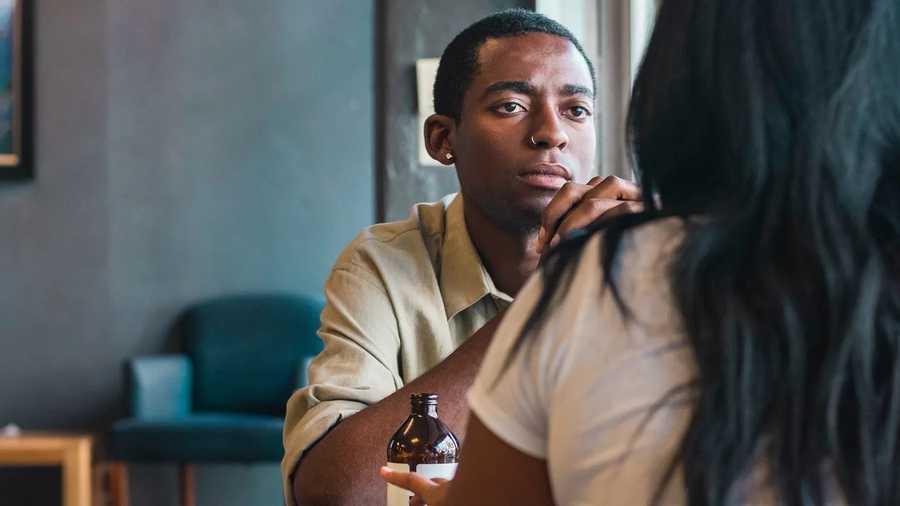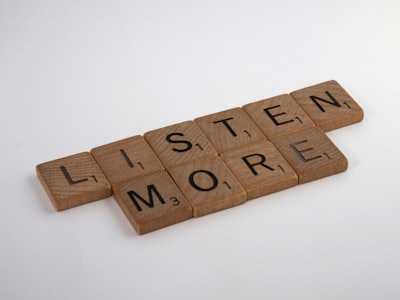Explore the World's Best Ideas
Join today and uncover 100+ curated journeys from 50+ topics. Unlock access to our mobile app with extensive features.
What Guilt-tripping Is
Guilt-tripping is an indirect approach to communication. Even when you’ve done nothing wrong, the other person might imply the situation is somehow your fault. They make their unhappiness clear and leave it to you to find a way of fixing the problem.
If you feel guilty about their suffering, you’re more likely to do what you can to help. Intentional or not, guilt-tripping prevents healthy communication and conflict resolution, and often provokes feelings of resentment and frustration.
67
586 reads
What Guilt-tripping Looks Like
Someone trying to guilt-trip you may:
- point out their own efforts to make you feel as if you’ve fallen short;
- ignore your efforts to talk about the problem;
- give you the silent treatment;
- deny their irritation, though their actions tell you otherwise;
- show no interest in doing anything to improve the situation themselves;
- use body language to communicate their displeasure by sighing or slamming objects down;
- make sarcastic or passive-aggressive remarks about the situation.
64
330 reads
Listen Empathically
Someone feeling hurt might use guilt trips when they don’t know any other way to deal with their emotional turmoil. It’s tough to listen if someone won’t admit there’s a problem, but get the discussion started by pointing out their behavior. Then give them space to express their feelings.
“I’m sorry I can’t make it tonight. Trying to make me feel guilty won’t change my decision. I understand it’s upsetting. Do you feel like talking about that some more?”
60
242 reads
Ask Questions
Someone might resort to guilt when they don’t know how to advocate for themselves in more direct ways.
If you notice signs suggestive of guilt-tripping, use open-ended questions to encourage them to express themselves directly:
- “You seem upset. What’s going on?”
- “It seems like you’re frustrated with that assignment. How can I help?”
- “I’d love to help, if I can. What would you like me to do?”
59
216 reads
When to Get Help
- someone tries to guilt you into doing things after you say no;
- the behavior forms a pattern;
- they make no effort to change;
- they try to control your behavior in other ways;
- you feel as if you can’t do anything right
- you notice put-downs, gaslighting, or other emotional abuse.
67
275 reads
IDEAS CURATED BY
Claudia Florescu's ideas are part of this journey:
Learn more about loveandrelationships with this collection
How to find inspiration in everyday life
How to stay motivated
How to cultivate a positive mindset
Related collections
Similar ideas
9 ideas
How to Deal With the Guilt You Feel During the Pandemic
verywellmind.com
13 ideas
When Guilt Is Dished Out at Family Gatherings
psychologytoday.com
1 idea
Get Over Guilt with These Steps
healthline.com
Read & Learn
20x Faster
without
deepstash
with
deepstash
with
deepstash
Personalized microlearning
—
100+ Learning Journeys
—
Access to 200,000+ ideas
—
Access to the mobile app
—
Unlimited idea saving
—
—
Unlimited history
—
—
Unlimited listening to ideas
—
—
Downloading & offline access
—
—
Supercharge your mind with one idea per day
Enter your email and spend 1 minute every day to learn something new.
I agree to receive email updates





